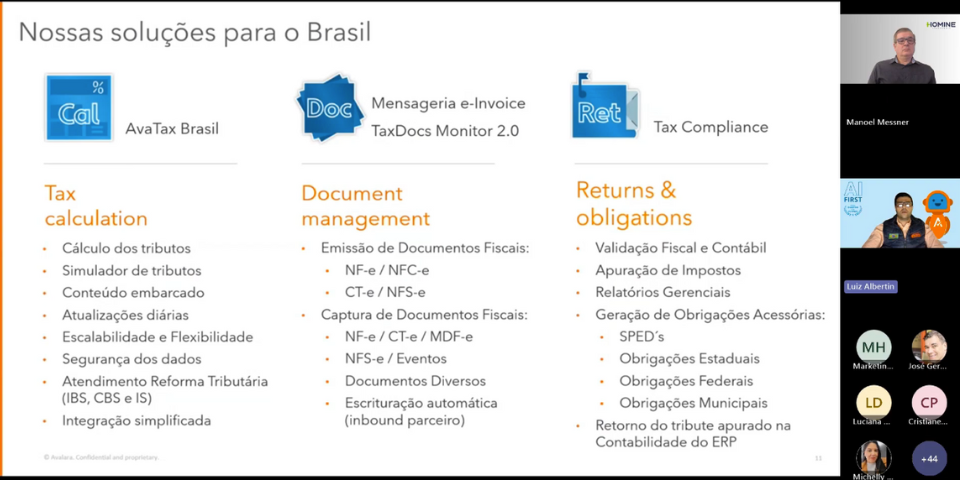
Seven steps for the IT professional to stand out in the market
August 9, 2018SAP Support from Homine: Your IT team is here
September 10, 2018The 4.0 version of electronic invoice entered into force on the 2nd of August. One of the changes brought with the new version concerns FCP, Poverty Combat Fund, which gained more prominence in the new layout of the invoice.
So much so that it is common to hear the question: but what is this FCP?
The FCP is a state tax instituted in 2015, through a constitutional amendment. Its objective is to reduce social inequalities between states. The resources collected with the tax are invested in programs to reduce poverty, in areas such as Education, Nutrition, Health and Family Agriculture.
The tax works as a complement to the ICMS (Tax on Circulation of Goods and Services). It focuses on the commercial transactions of groups of products defined by each State, through specific legislation. Each State also determines the tax collection percentage, which varies from 1% to 5% and is disclosed in a table by the Treasury Department (Sefaz).
The FCP can be charged on most products, except for some that are considered “essential”, such as basic basket items, school materials, medicines and others. The surcharge must be applied in all operations with these products, whether in sales by taxpayers in the State where the FCP is instituted, interstate sales with Tributary Replacement or in purchases by ICMS taxpayers for use and consumption, where they collect the FCP, and in sales to non-taxpayers where collection is the recipient's responsibility.
Today, all Brazilian states charge the FCP, except Amapá, Pará and Santa Catarina.
And what changed from version 4.0 of the NF-e?
The FCP was already calculated in version 3.10 of the NF-e, but it was part of the general ICMS calculation. That is, there was no specific field for it. If the ICMS was 10% and the FCP, 2%, only the total ICMS rate was computed, with the FCP already added: 12%.
from version 4.0, it became mandatory to inform the FCP separately, which is now included in the XML file of the invoice, forwarded to Sefaz. With this, the FCP gained different fields to house its calculation base, rate and value. In the case of transactions between States, there is also a field that highlights the sum of the FCP value, including its tax substitution.
These are simple changes, but they require care so as not to cause tax problems for companies, such as fines.
Adequacy of systems for the collection of the FCP
homine is strategic partner of companies in the transition and adjustment to the new version electronic invoice. Companies that have not yet implemented FCP in the NF-e 4.0 model can hire Homine to support them in the SAP configuration.
The company also offers the solution Signature for issuing invoices, integrated with SAP, and reference in several Latin American countries. The solution is ready and updated for the new version.




